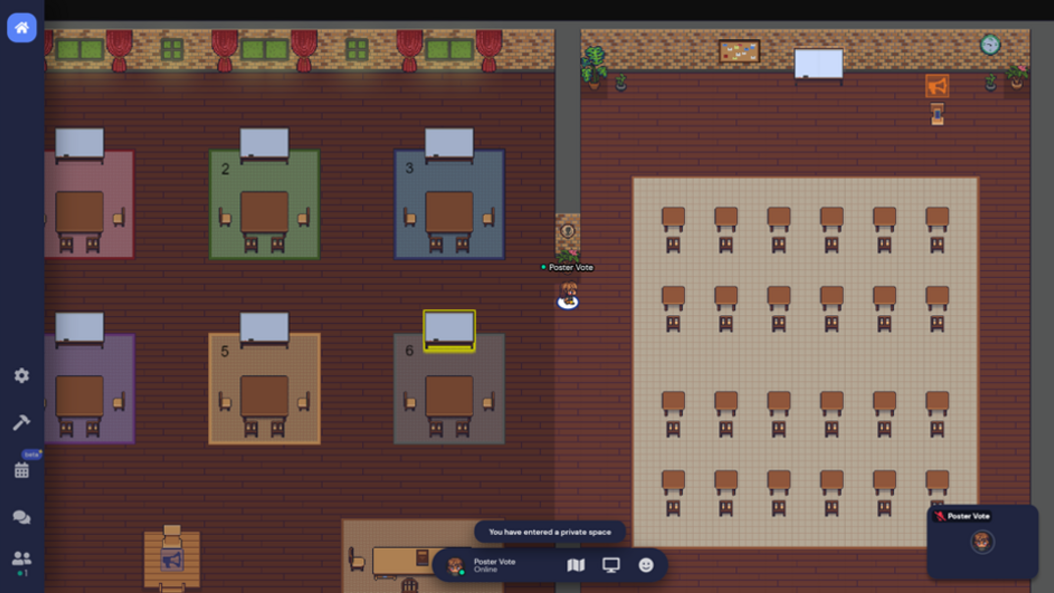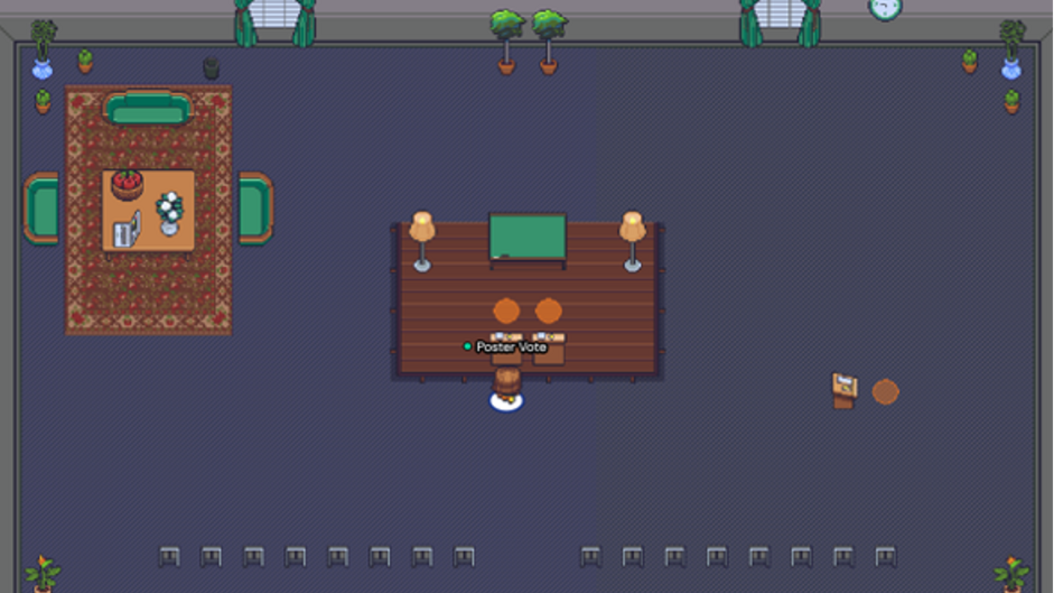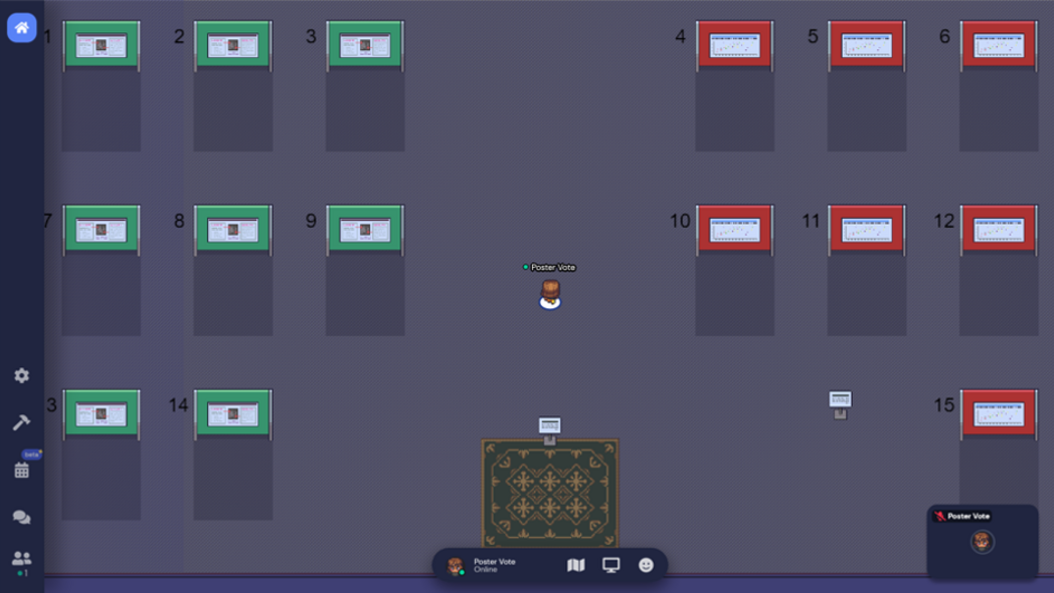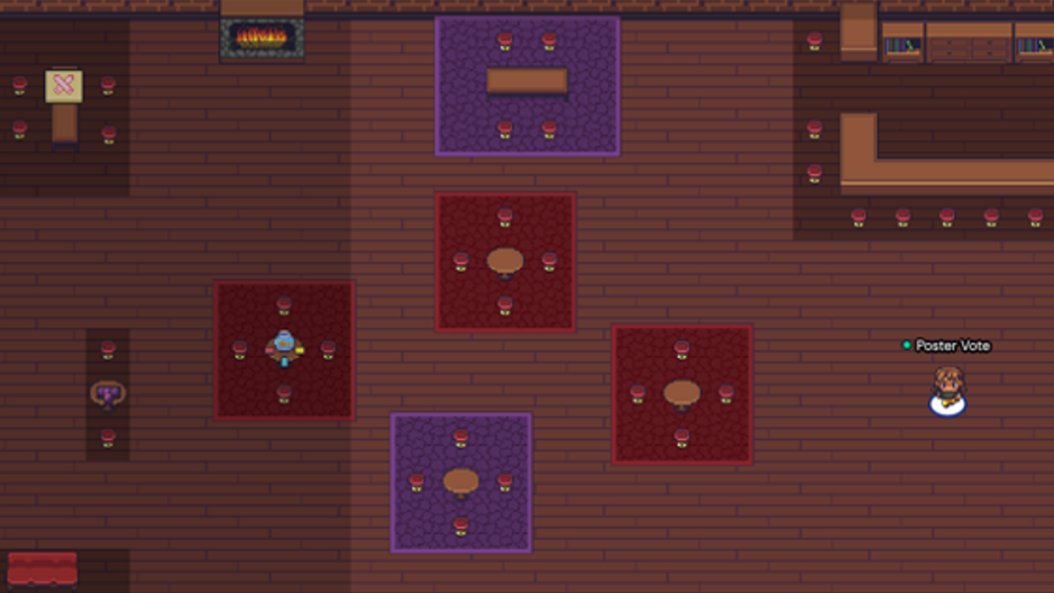The joint summer school of the Graduate Center BioEngineering and the Research Training Group GRK2274 “Advanced Medical Physics in Image-Guided Cancer Therapy” brings together doctoral candidates from various disciplines. Besides talks from science and industry, a workshop, and a poster session where the doctoral candidates present their own research, the summer school provides plenty of space and time for networking and fruitful discussions.
After a one-year break, the GCB/GRK2274 summer school took place end of September in a virtual format. As part of the program, the following speakers presented their work:
- Alena Buyx, TUM and German Ethics Council, "About the work of the German ethics council"
- Pedro Gómez, Orbem, "From Doctorate at GCB to TUM spin-off Orbem"
- Marc Kachelrieß, German Cancer Research Center, "Advances in CT Image Formation"
- Anna Kreshuk, European Molecular Biology Laboratory, "Machine learning for microscopy image analysis"
- Tobias Lasser, TUM, "Algorithms for biological and medical imaging"
- Franz und Daniela Pfeiffer, TUM, "Dark field imaging for Covid-patients"
- Loic Royer, Chan Zuckerberg Biohub, "Cells, Photons and Bits - A Pluridisciplinary Approach to Study Zebrafish Embryonic Development"
- Julia Schnabel, Helmholtz Zentrum München & TUM, "AI-enabled medical imaging"
- Johannes B. Woehrstein, DEOXY & LMU, "Translating a physics invention into a molecular diagnostic product"
"I found the talks on imaging especially interesting", says Erika Kollitz, doctoral candidate at GRK2274. Under the supervision of Prof. Katia Parodi, she is working on creating computer models for the whole human body which combine specific medical images with general anatomical models in order to evaluate stray radiation dose and optimize treatment plans for individual cancer treatment. "I have a background in physics and biochemistry and in my every-day routine, I engage with imaging from a therapeutic medical physics perspective. The talks at the summer school provided a perspective on aspects of medical imaging that I don’t typically see from the therapy side. I especially found the advances and enhancements of deep learning in imaging very impressive. I really enjoyed the talk of Julia Schnabel because she first provided a great overview of artificial intelligence in medical imaging and then gave specific examples on immediate applications", Erika says about her impressions from the summer school. "I also really liked seeing perspectives outside the academics, so the talks of Pedro Gomez and Johannes Woehrstein on translating your work into industry. You don’t usually get to experience this side of science during a doctorate", Erika continues.
Albert Croner joined the GCB as a doctoral candidate in May and participated in the GCB/GRK2274 summer school for the first time. Under the supervision of Prof. Werner Hemmert, he examines how auditory nerve fibers can be electrically stimulated in his doctoral project. "In our group, we work with cochlea models that we use to reconstruct auditory nerve fibers and to simulate different stimulation modes. In my project, I use these models to determine how the degeneration of auditory nerve fibers affects their reaction to a stimulus. In a second step, I aim to find a method to detect the influence of such degenerations on the hearing ability in patients. This information can then be used to improve the treatment of hearing impairments, e.g. by improving the efficacy of cochlea implants", Albert explains his project. "I just recently joined the GCB, so it was nice to meet my fellow doctoral candidates at the summer school. Especially through the poster session, I got a great overview of the different projects my peers work on. Although the summer school was conducted digitally, it was really easy to get in touch with the other doctoral candidates. The workshop on the topic “mentally fit throughout the doctorate” surely contributed to this, as we worked together in groups both small and large and shared our experiences there. Also, the program and events in the evenings provided plenty of opportunities to get to know each other and exchange views and experiences over games and riddles”, Albert says about his impressions from the summer school. “Another highlight for me was the talk from Alena Buyx. When else would you get the opportunity to ask the chairwoman of the German Ethics Council all the questions you like", Albert concludes.
"It’s the overall goal of the summer school to promote interdisciplinary exchange among our doctoral candidates from various disciplines and to offer interesting talks about the latest advances from the various aspects of biomedical engineering", says Werner Hemmert, Professor for Bio-Inspired Information Processing at TUM and speaker of the GCB, "we really had quite a broad variety of topics and were able to invite top-level speakers. Although the summer school was in an online format, there was lively exchange among the participants throughout the whole four days – the event really was a great success."




